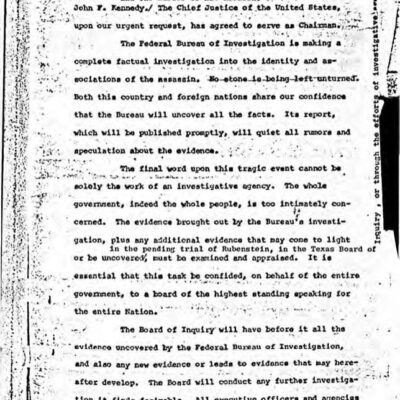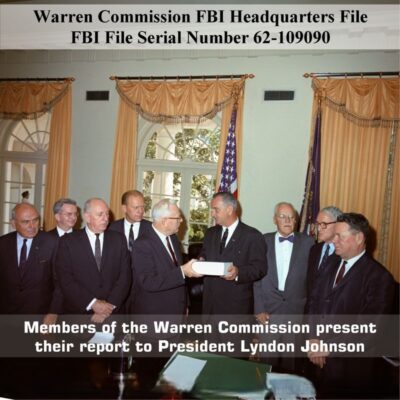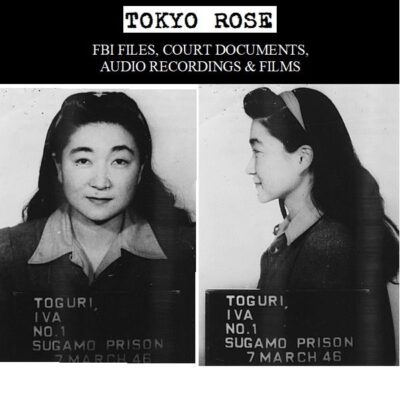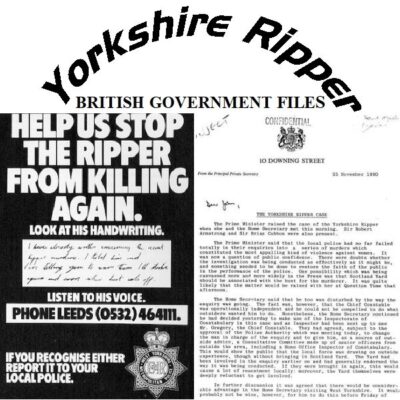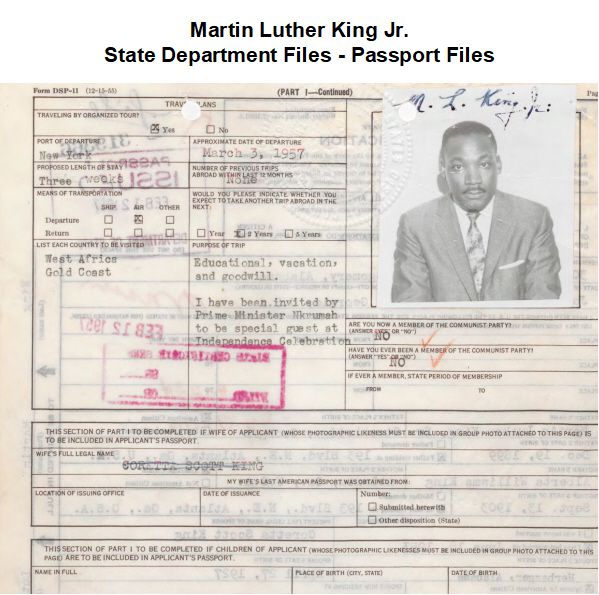
Description
MLK: Passport to Global Activism
- February 12, 1957: The earliest document in the collection dates to this day, marking the start of the period covered by the State Department’s Passport Office files on Martin Luther King Jr.
- 1957 (Specific date unknown): A telegram is sent to Passport Office Director Frances G. Knight concerning Martin Luther King Jr.’s potential travel plans to India and Africa.
- 1957 (Specific date unknown): Martin Luther King Jr. plans to travel to West Africa, specifically the Gold Coast (later renamed Ghana). This plan is reported by Passport Office Director Frances G. Knight to Georgia Democratic Senator Richard B. Russell.
- Undated (Prior to 1967): Martin Luther King Jr. plans travel to India under the sponsorship of the American Friends Service Committee.
- Undated (Prior to 1967): An FBI memorandum is created regarding plans for Martin Luther King Jr. and Harry Belafonte to hold an American civil rights rally at the Palais des Sports in Port de Versailles, Paris.
- Undated (Prior to 1967): A protest against the issuance of a passport to Martin Luther King Jr. occurs.
- June 12, 1967: The latest document in the collection dates to this day, marking the end of the period covered by the State Department’s Passport Office files on Martin Luther King Jr.
Cast of Characters:
- Martin Luther King Jr.: A central figure in the American Civil Rights Movement. The subject of the State Department’s Passport Office files, which detail his passport applications, travel plans (including to India, West Africa/Ghana, and Paris), and connections to organizations like the Southern Christian Leadership Conference (SCLC). His files also include biographical information, photographs, and his signature.
- Frances G. Knight: Director of the Passport Office. She received a telegram in 1957 regarding King’s potential travel and reported on his plans to travel to West Africa/Gold Coast to Senator Richard B. Russell.
- Harry Belafonte: An American singer, actor, and activist. Mentioned in an FBI memorandum concerning plans to hold an American civil rights rally with Martin Luther King Jr. in Paris.
- Richard B. Russell: A Democratic Senator from Georgia. He received a report from Passport Office Director Frances G. Knight regarding Martin Luther King Jr.’s plans to travel to West Africa/Gold Coast.
- Members of the Southern Christian Leadership Conference (SCLC): An organization co-founded by Martin Luther King Jr. The State Department files contain a passage concerning alleged connections between members of the SCLC and the Communist Party.
- American Friends Service Committee: An organization that sponsored Martin Luther King Jr.’s travel plans to India.
Martin Luther King Jr. State Department Files – Passport Files
Documents selected from the United States Department of State’s Passport Office files on Martin Luther King Jr, dating from 2/12/1957 to 6/12/1967.
Files include passport applications and travel plans for Martin Luther King, Jr. The State Department compiled material covering biographical information of Martin Luther King Jr., a passage concerning connections between members of the Southern Christian Leadership Conference (SCLC) and the Communist Party, travel itineraries, photographs, and his signature.
This collection includes information regarding a protest against the issuance of a passport to Martin Luther King Jr. An FBI memorandum regarding the plans of Martin Luther King Jr. and Harry Belafonte to hold an American civil rights rally at the Plais des Sports in Port de Versailles, Paris. Travel plans of Martin Luther King Jr. to India under the sponsorship of the American Friends Service Committee. A report sent to Georgia Democratic Senator Richard B. Russell on plans of Martin Luther King Jr. to travel to West Africa, Gold Coast (later renamed Ghana) from Passport Office Director Frances G. Knight. A 1957 telegram sent to Knight regarding potential travel to India and Africa by Martin Luther King Jr.
